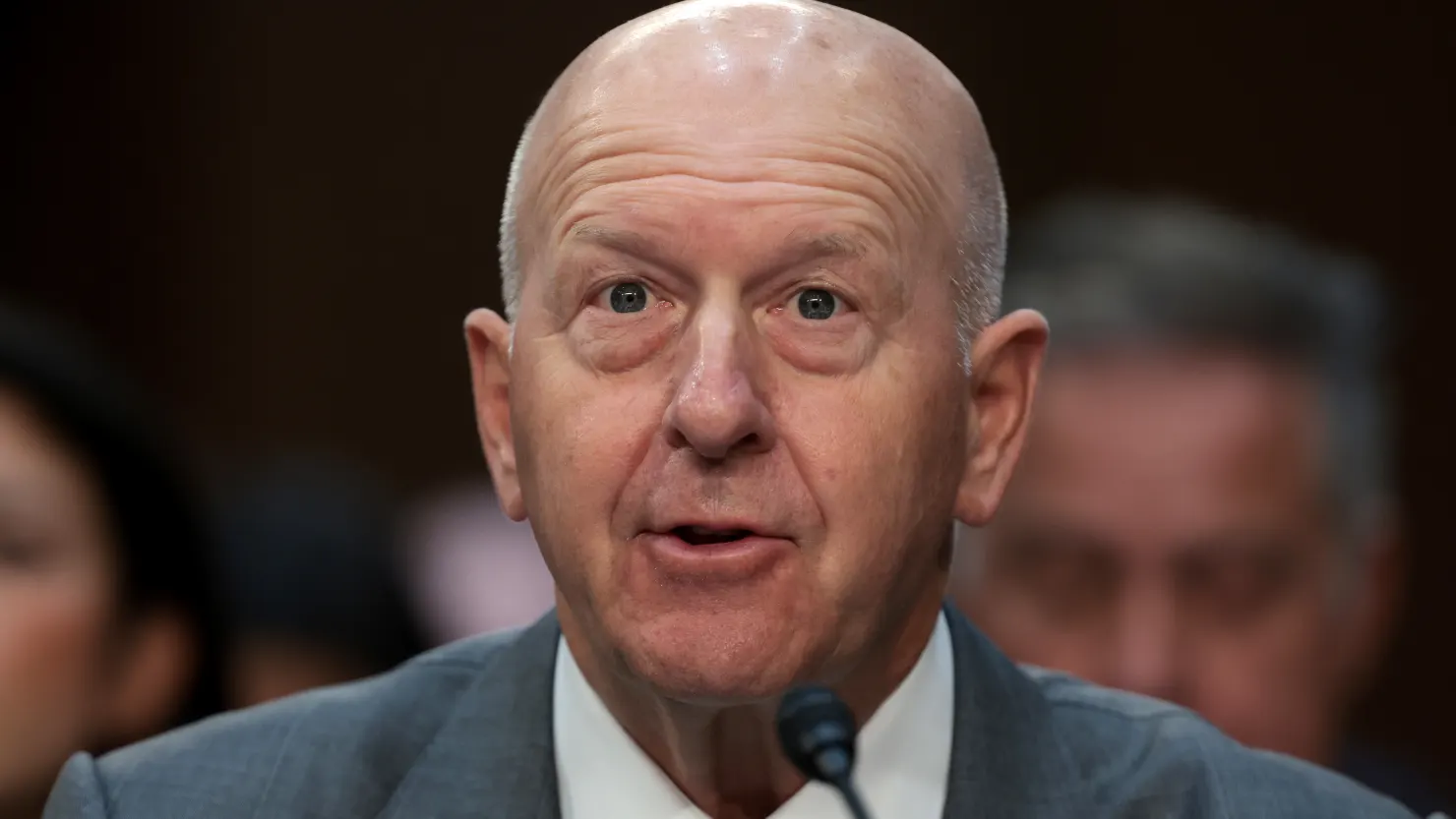Goldman Sachs reported strong first-quarter results on Monday, surpassing analysts’ expectations thanks to a significant increase in equities trading revenue. The company posted earnings of $14.12 per share, exceeding the $12.35 per share estimate from analysts. Revenue for the quarter reached $15.06 billion, surpassing the forecast of $14.81 billion. The bank’s profit rose by 15% compared to the same period last year, totaling $4.74 billion, while revenue increased by 6% from a year earlier.
A key driver of Goldman Sachs’ strong performance was its global banking and markets division, which saw revenue grow by 10% to $10.71 billion. Equities trading revenue surged 27%, reaching $4.19 billion, which was $540 million higher than analysts had anticipated. However, the bank’s fixed income division posted more modest results, with revenue rising by only 2% to $4.4 billion, missing the $4.56 billion estimate. Investment banking fees also declined, falling by 8% to $1.91 billion, slightly below the $1.94 billion forecast due to reduced advisory revenues.
Goldman Sachs’ asset and wealth management division experienced a 3% drop in revenue, reaching $3.68 billion, just below the $3.69 billion estimate. This decline was attributed to a significant reduction in revenue from private equity, public stock, and debt investments. Additionally, the firm’s platform solutions division saw revenue slip by 3%, amounting to $676 million, slightly under the $677.5 million estimate.
Despite the challenges in some areas, Goldman Sachs shares rose by 2.2% in early trading following the announcement. The performance in equities trading helped offset the weaknesses in other divisions, but the overall market environment remained volatile. CEO David Solomon addressed the broader economic uncertainty, which has been exacerbated by President Trump’s escalating trade tensions. Solomon noted that corporate clients were holding back on deal-making due to the ongoing uncertainties, which have created significant risks to both the U.S. and global economies. This caution was reflected in a slower pace of activity in Goldman’s investment banking sector.
Goldman Sachs’ performance mirrored that of its competitors JPMorgan Chase and Morgan Stanley, both of which also posted strong results driven by equities trading, with surges of 48% and 45%, respectively. The broader market volatility, fueled by trade concerns, has had a major impact on the financial industry, influencing both trading and investment strategies.
READ MORE:
